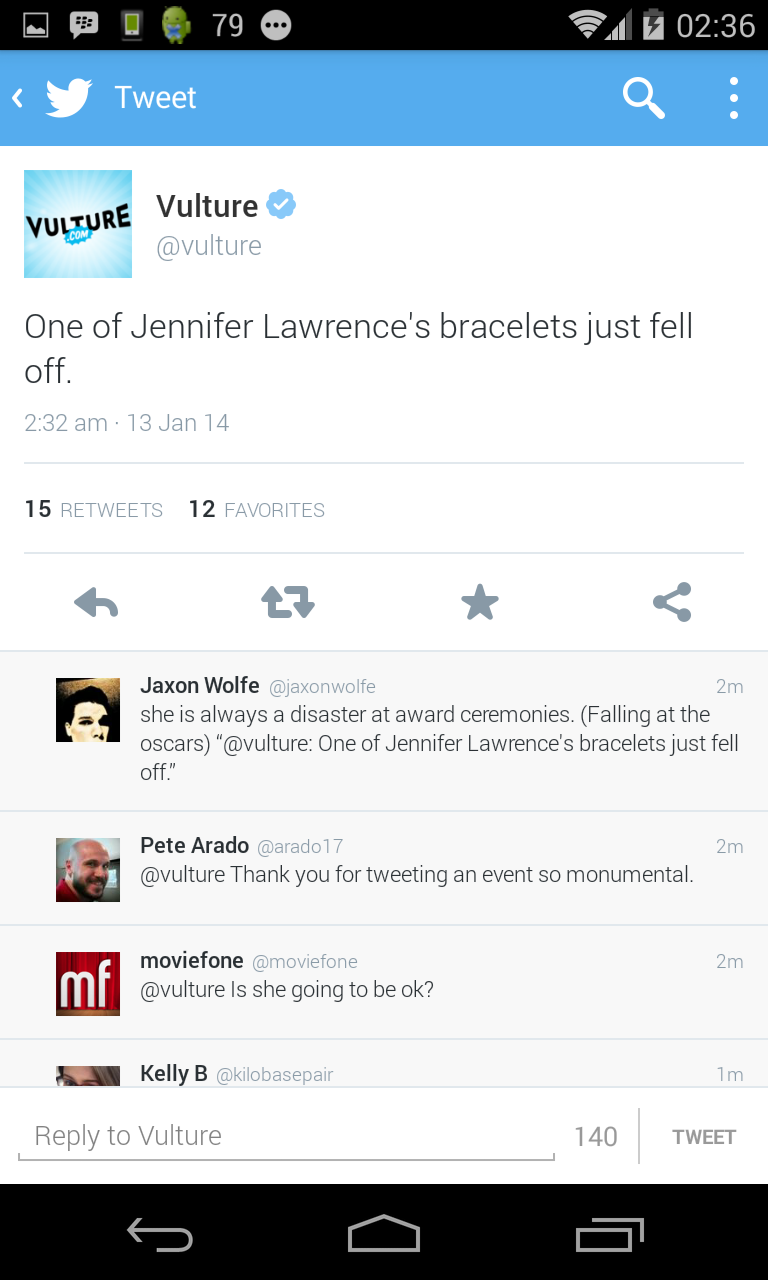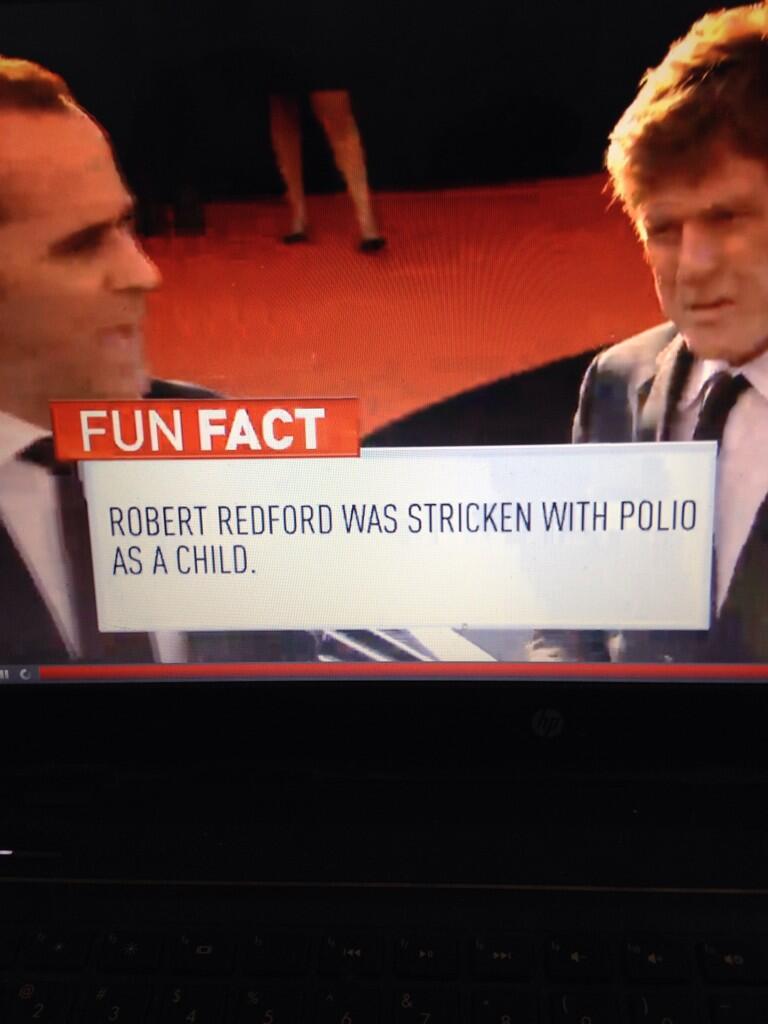At the moment, in Cape Town, there’s a man threatening to jump to his death. Some are calling for him to jump.
I jotted down some thoughts about why suicide can be moral, but why that’s not the same as being part of a crowd yelling for him to leap to his death. And also oppose those who claim life is always worth living.





